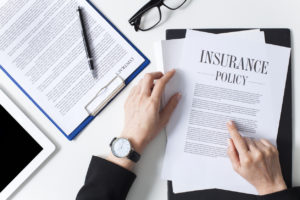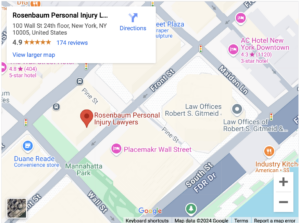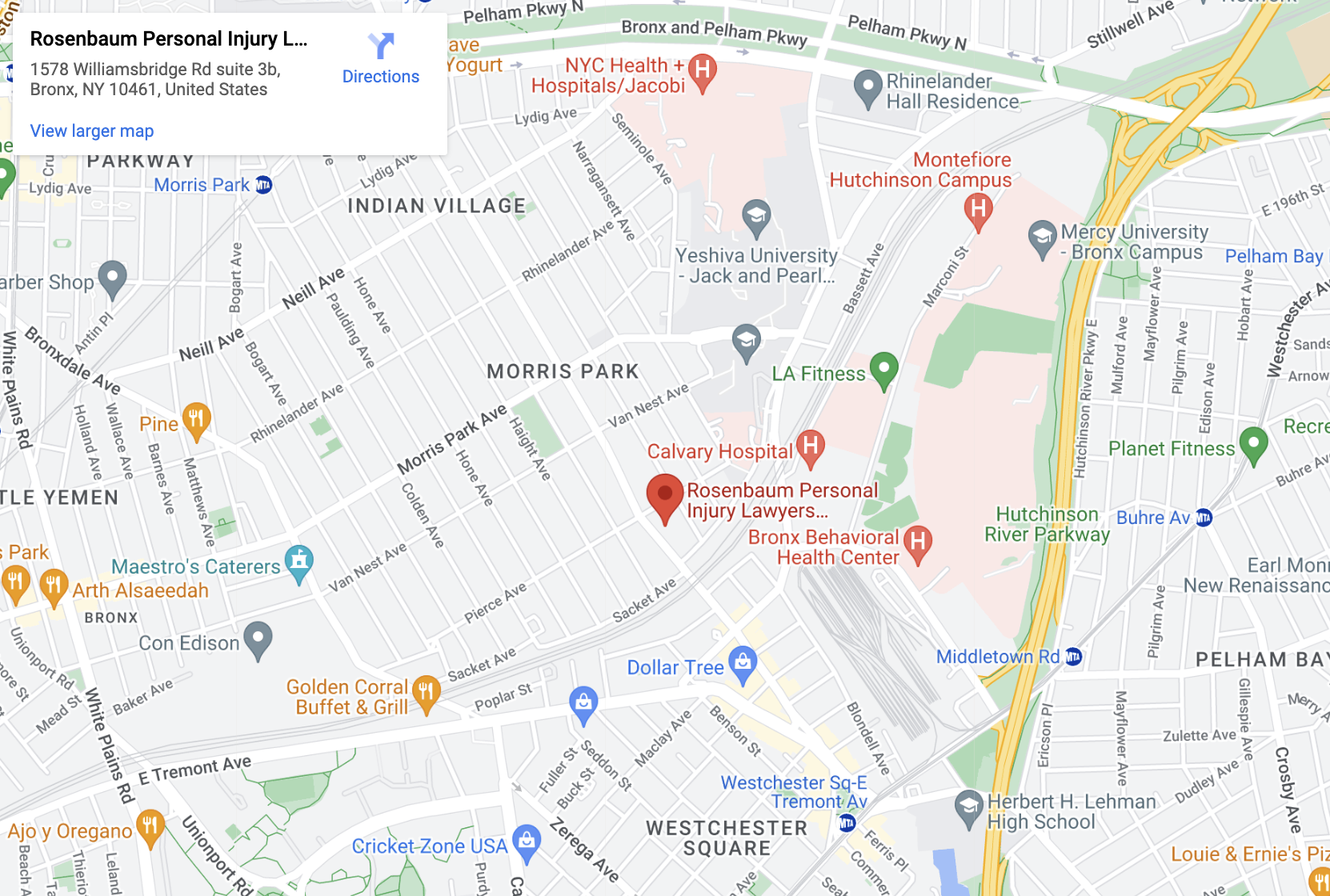Will My New York City Personal Injury Case Go to Trial?

Whether your personal injury case goes to trial depends on your case’s specific facts and circumstances. Many cases settle without the need to file a lawsuit. Hiring a lawyer can help you avoid going to court and ensures you are prepared for court if necessary to protect your rights after an accident or injury.
Table of Contents
The Insurance Company Will Protect Itself Instead of Treating You Fairly

Being the victim of an accident or other incident that causes injuries is a traumatic event. In addition to sustaining financial losses, you may experience intense emotional distress. Dealing with insurance companies can make the stress much worse.
An insurance claims adjuster has one goal: to minimize liability for the insurance company. However, that goal directly contradicts what is in your best interest. You deserve fair compensation for your injuries, financial losses, and other damages after an accident.
Don’t let an aggressive insurance adjuster pressure you into accepting a lower personal injury settlement offer than the value of your claim. Instead, contact a personal injury lawyer in New York City to discuss your legal options for recovering compensation for a car accident, slip and fall, or other personal injury claims.
A New York City Personal Injury Lawyer Will Protect You From Deceitful Insurance Claims Procedures
When you hire a personal injury attorney in New York City, you put the full resources of that law firm to work for you. The legal team handles all aspects of your case, including preparing to file a personal injury lawsuit, if necessary.
Hiring a lawyer means having someone on your side whose only priority is protecting your rights under New York’s personal injury laws.
In addition to protecting you from aggressive claims adjusters who use various tactics to undervalue your injury claim, your personal injury lawyer will also:
- Investigate your claim to determine causation, fault, and liability
- Interview witnesses and obtain other evidence to prove your case, including copies of police reports, medical records, accident reports, etc.
- Research the applicable statutes and case laws to support your claim
- File insurance claims and monitor the progress of those claims
- Calculate and monitor the deadline to file a personal injury lawsuit under New York’s statute of limitations
- Document your damages to calculate an accurate value for your injury claim
- Fight claims of comparative fault if you are blamed for the accident
- Negotiate fair settlements with insurance providers
- Prepare and file a lawsuit if the other party refuses to negotiate in good faith to reach a settlement
Hiring a lawyer can help you settle your personal injury case quickly and for a fair amount. You want to put as much money in your pocket as quickly as possible. However, there may be times when you need to go to trial. If so, having an experienced attorney handling your case from the beginning means you are ready for whatever might happen.
What Is the Process of Taking a Personal Injury Case to Trial?
It is more likely that your personal injury case will not go to trial. However, if necessary, an experienced legal team will be prepared to go to court. Filing a personal injury lawsuit does not always mean you go to trial. You may settle the lawsuit before the trial.
While each lawsuit is different, the general steps for filing a personal injury lawsuit and going to court include:
Investigation
Each personal injury case begins with an investigation. During the investigation, your legal team will gather evidence, research the law, and identify the issues in your case.
You have the burden of proving that the other party caused your injury. The investigation is essential for obtaining the evidence necessary to prove your case. If you cannot prove the elements of negligence or liability, you cannot hold the other party financially liable for your medical bills, lost wages, pain and suffering, and other damages.
Settlement Negotiations
Your attorney will likely prepare a settlement demand letter for the insurance company. The letter outlines your position, provides relevant facts and details, and demands a specific amount to settle the claim.
Generally, the settlement demand letter begins back-and-forth negotiations to settle the case. The insurance company typically issues a counter-offer for a lower amount. Since the attorney generally demands more than they believe is a fair settlement, there is room to negotiate. In most cases, attorneys can achieve a settlement through negotiation.
Filing a Personal Injury Lawsuit
If negotiation fails or the insurance company denies liability for the claim, your attorney may need to proceed with a lawsuit. The injured party’s attorney will file the lawsuit and serve a copy on the defendants (the parties who caused the injury). Typically, the insurance company hires an attorney to respond to the lawsuit.
Discovery
Each side in a lawsuit may use one or more discovery tools to obtain information and evidence from the other party.
Discovery may include:
- Depositions
- Written interrogatories
- Requests to produce documents
- Subpoenas
- Requests for admissions
The goal of discovery is for each party to learn more about the other party’s case, including the strength of their evidence and legal arguments.
Pre-Trial Settlement Negotiations
After completing discovery, the parties generally try to settle the case before proceeding with the lawsuit. Parties may agree to alternative dispute resolution, including mediation and arbitration.
Pre-Trial Motions
If pre-trial settlement negotiations fail, the parties proceed to file pre-trial motions. These motions may deal with questions related to evidence or law. A judge hears the arguments to provide a ruling.
The defendant may file a motion to dismiss, while the plaintiff may file a motion for summary judgment. In both cases, the parties ask the judge to make a decision regarding the merits of the case before it goes to a jury.
Trial and Verdict
Both parties present their evidence and arguments to the jury during the trial. The jurors are the triers of fact – they use the evidence presented in court to determine the facts of the case. Jurors may believe any or all of the evidence presented and give more or less weight to specific pieces of evidence.
At the end of the trial, it is up to the jurors to decide the case. If they rule in favor of the plaintiff, they award damages based on what they believe the damages are worth. On the other hand, if they rule in favor of the defendant, the plaintiff receives nothing for their damages.
Going to trial can be risky. Jurors are unpredictable. You never know how a jury will view a case until the verdict is given. Therefore, it is wise to carefully weigh the pros and cons of going to trial with your lawyer before filing a lawsuit.
Contact a New York City Personal Injury Lawyer For Help With Your Personal Injury Case
If you’ve been injured in an accident caused by another party’s negligence, contact a personal injury lawyer for help. An experienced attorney will obtain the maximum compensation for your claim and will have the knowledge and experience to handle all types of personal injury cases. They will also be well-equipped to take your case to trial if necessary.



